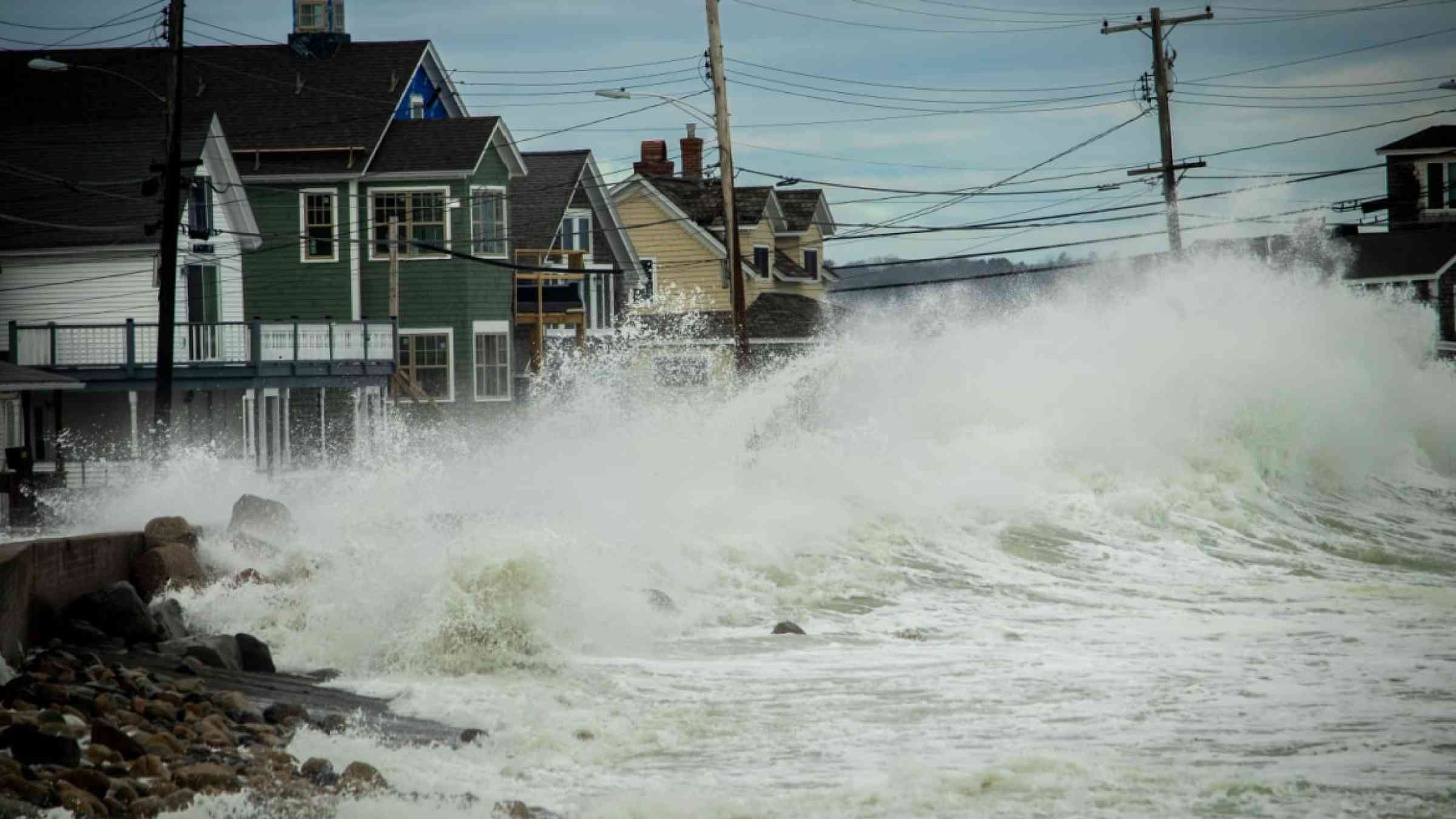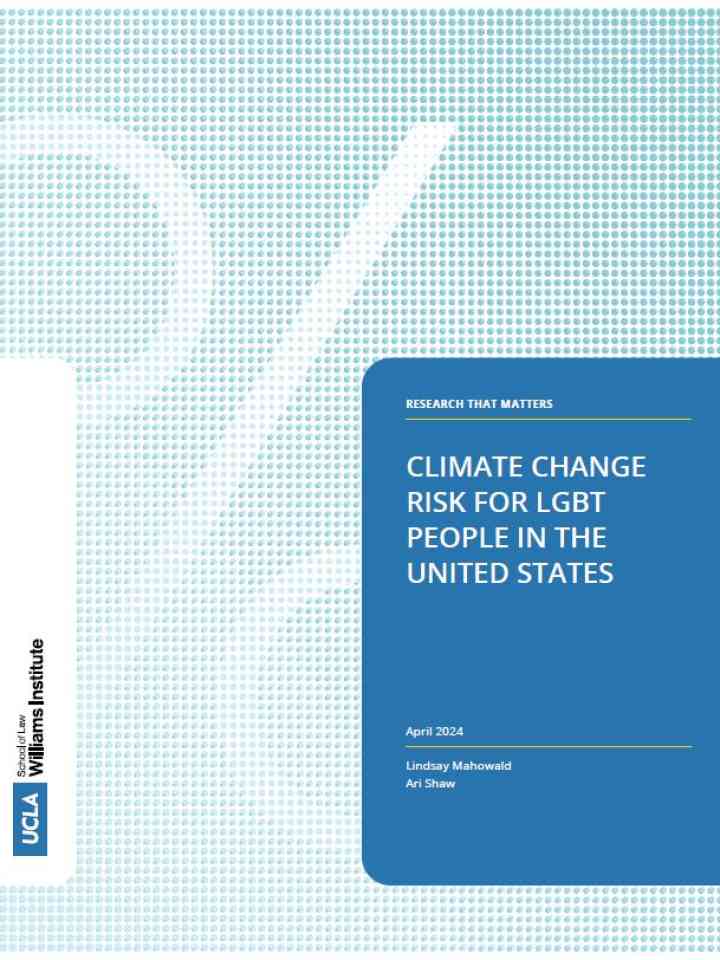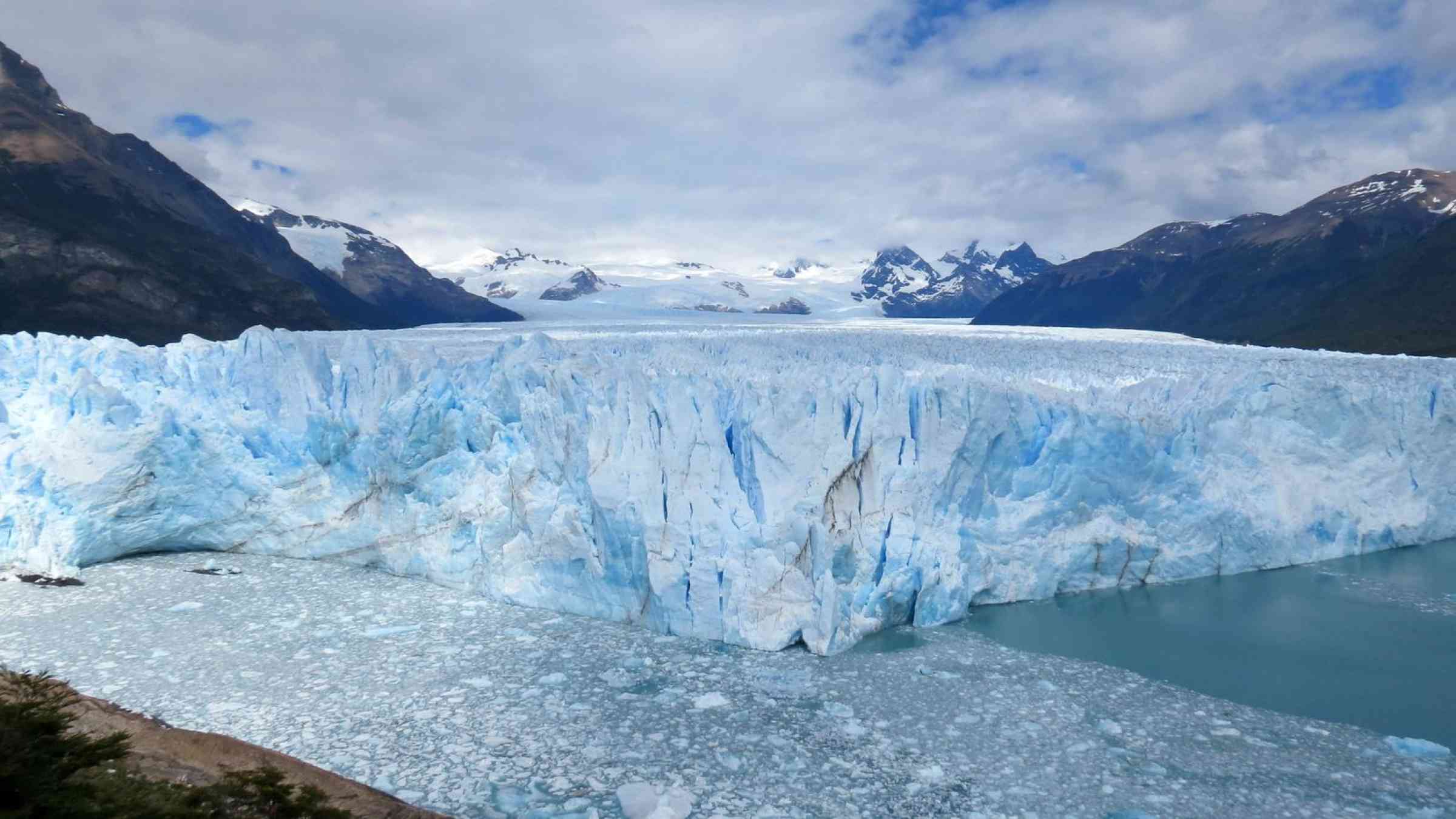Latest additions to the knowledge base
The latest additions to the PreventionWeb knowledge base. New content is monitored and added on a daily basis. Filter your search results by year, content type, location, theme and hazard, or explore further sections of the knowledge base.
Can't find what you're looking for?
Understanding risk basics
PreventionWeb offers explainers that cover the basic concepts of risk.
Risk reduction how-to
How can you help others reduce disaster risk?
- The business case for risk reduction
- Advocate for DRR
- The resilience roadmap for towns, villages, and cities


